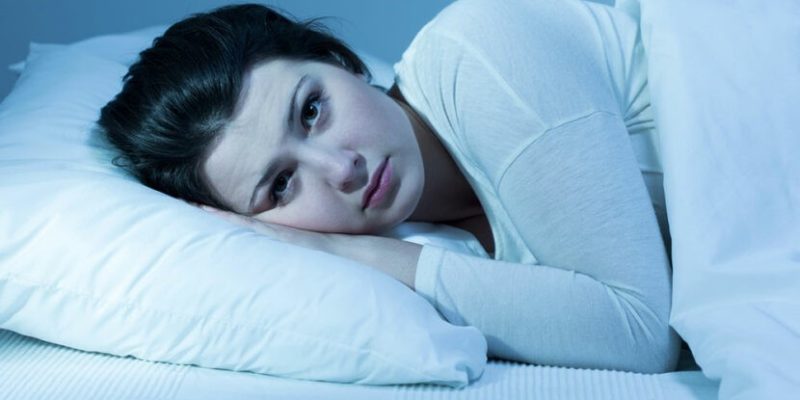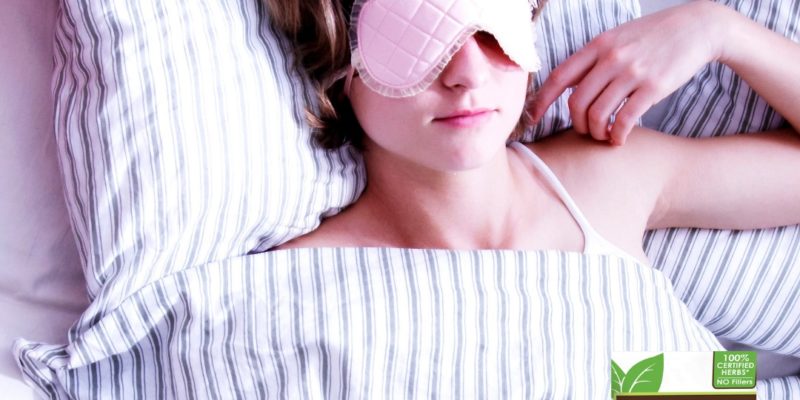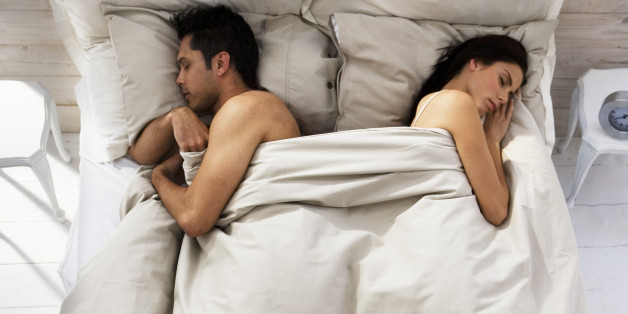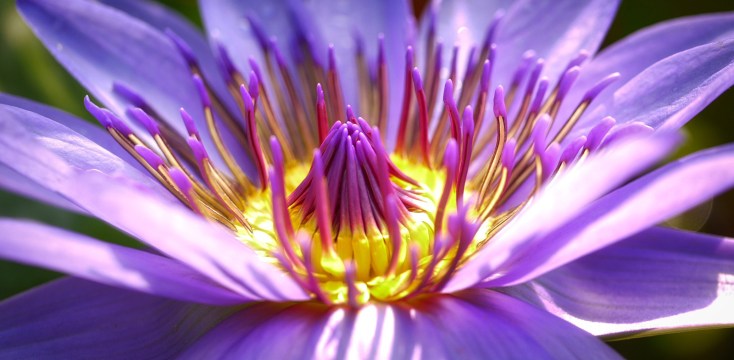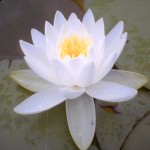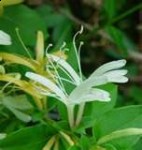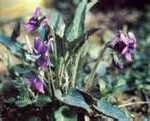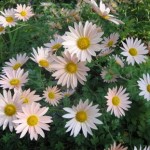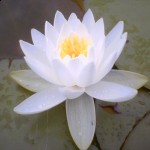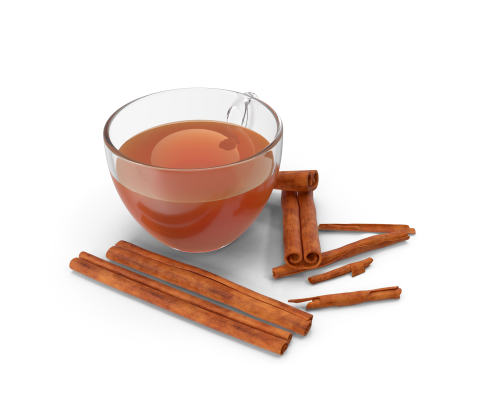A new study has shed light on the connection between sleep medications and the risk of dementia, particularly in white adults. The research found that white participants who often or almost always used sleep medications had a 79% higher chance of developing dementia compared to those who rarely or never used them. The study also revealed that blacks had a lower likelihood of consuming prescription sleep aids than whites, and that they had different risk factors and disease manifestation for Alzheimer’s, the most common type of dementia.
The study, which followed approximately 3,000 older adults without dementia over an average of nine years, also suggested that socio-economic status may play a role in explaining the racial disparities in the use of sleep medications and the risk of dementia. “Black participants who have access to sleep medications might be a select group with high socio-economic status and, thus, greater cognitive reserve, making them less susceptible to dementia,” said first author Yue Leng, PhD, of the UCSF Department of Psychiatry and Behavioral Sciences and Weill Institute for Neurosciences.
The research found that whites were three times more likely than blacks to take sleep medications often, and were almost twice as likely to use benzodiazepines, trazodone, and “Z-drugs,” such as Ambien. The study also suggested that these sleep medications are associated with a higher risk of dementia.
The study highlights the importance of cautious use of prescription sleep aids. People who have trouble sleeping could find answers to their poor sleep in natural products that have been used for centuries. Insomnia is commonly treated with Traditional Chinese Medicine (TCM) herbs in billions of people annually throughout the Asian continent. One such product which has gained national attention is a combination of herbs known as iSleep Herb Pack from Pacific Herbs. These herbs have been proven safe with no short or long term side-effects.
Overall, the study underscores the need for safe and natural sleep aids to avoid the risk of dementia. It is critical people who use sleep aids like Ambien should stop risking their brain health for a good nights sleep. Natural sleep aids like iSleep Herb Pack have been studied in clinical settings and can quickly make a difference in your ability to fall asleep and stay asleep.
Journal Reference: Yue Leng, Katie L. Stone, Kristine Yaffe. Race Differences in the Association Between Sleep Medication Use and Risk of Dementia. Journal of Alzheimer’s Disease, 2023; 91 (3): 1133 DOI: 10.3233/JAD-221006
University of California – San Francisco. “Do sleep medications increase your chances of dementia?.” ScienceDaily. ScienceDaily, 31 January 2023. sciencedaily.com/releases/2023/01/230131101833. htm.

